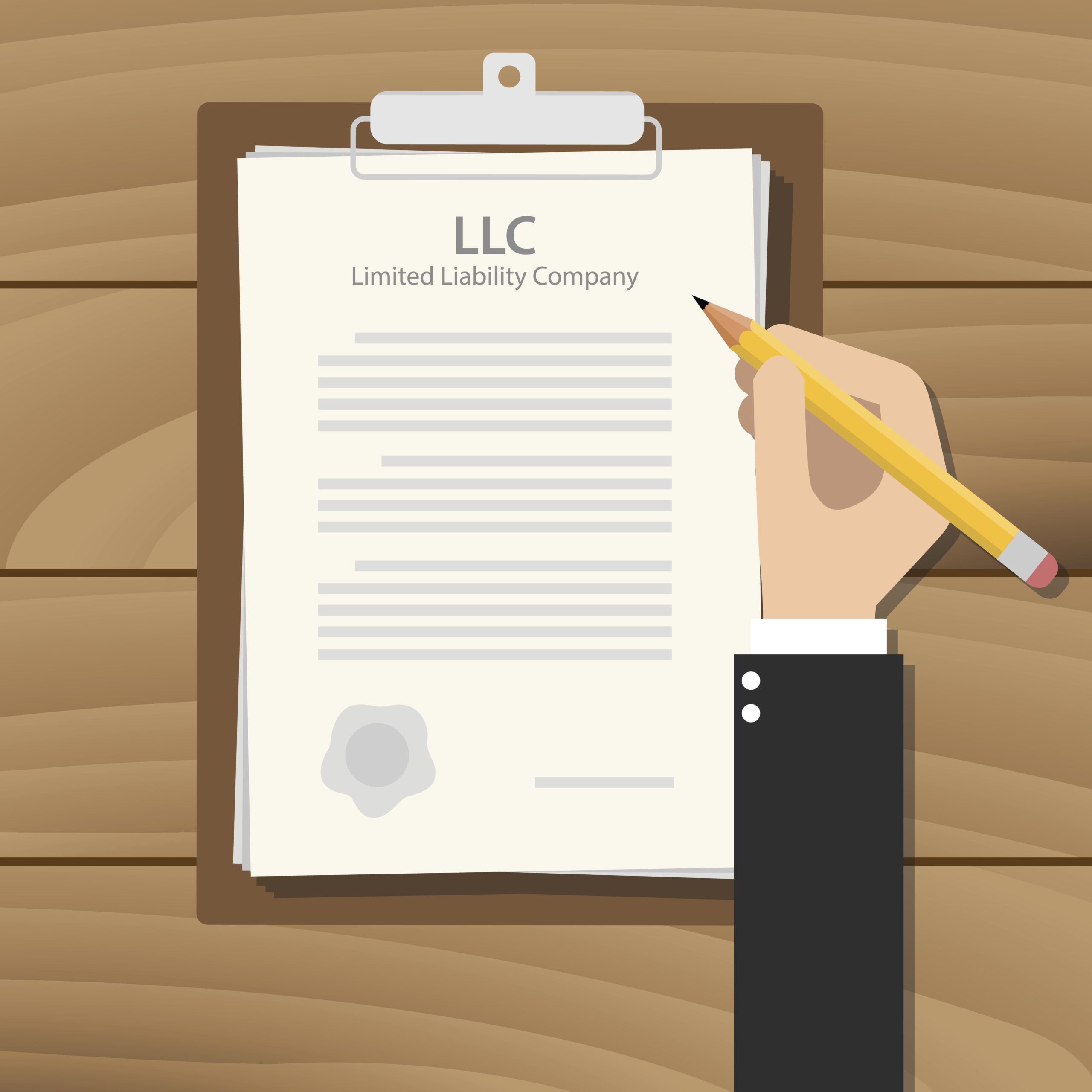 Some donors do not wish to burden their co-owners with the obligation of a purchase or the entity with a redemption. Other donors are concerned that a business interest could be sold or gifted into the unfriendly hands of a former spouse or a spendthrift beneficiary. Could a limited liability company (LLC) be structured to address such concerns? Specifically, could an “inheritance agreement” be part of an LLC? Theoretically, one might think that result achievable as a matter of contractual right. But does doing so create an unacceptable level of uncertainty as a result? Recent litigation involving an Ohio partnership relying on Florida law shows some of the unpredictability in relying on this technique.
Some donors do not wish to burden their co-owners with the obligation of a purchase or the entity with a redemption. Other donors are concerned that a business interest could be sold or gifted into the unfriendly hands of a former spouse or a spendthrift beneficiary. Could a limited liability company (LLC) be structured to address such concerns? Specifically, could an “inheritance agreement” be part of an LLC? Theoretically, one might think that result achievable as a matter of contractual right. But does doing so create an unacceptable level of uncertainty as a result? Recent litigation involving an Ohio partnership relying on Florida law shows some of the unpredictability in relying on this technique.
In Finlaw v. Finlaw1, Palmer-Finlaw organized a partnership under Ohio law which provided for agreement of the partners to prepare and execute a last will and testament to ensure that the partners’ interest will pass and vest to the surviving spouse. Each surviving spouse promised to prepare a last will and testament to vest the interest in the partnership to his or her lineal descendants. In 2014, one of the 50% owners executed a will devising the remainder of her estate to a grandson notwithstanding her son was alive. At her death, the grandmother was a Florida resident. The son asserted in a Florida probate court his rights to the partnership interest pursuant to the operating agreement.
The Finlaw court held that the Ohio law governing the limited liability company could be interpreted under Florida law. It concluded the owner of the interest was not the grandson through the decedent’s estate plan but the son under the terms of the partnership agreement.
Relying on Blechman v. Estate of Blechman2 the Finlaw court acknowledged parties under Ohio and Florida law can contract to direct the disposition of property at death, pursuant to a partnership agreement.
Alas, the Finlaw court left unanswered whether the partnership agreement satisfied the requirements under Florida law for a contract to make a will.3 It also left unanswered whether an LLC incorporating provisions for an inheritance agreement created a TOD (transfer on death designation) under Florida law. Since a TOD under Florida law is not testamentary and is revocable without consent of the beneficiary, treatment of such an inheritance agreement as a TOD would not be binding and thus counterproductive to the planning goals.4
Hazards for the unwary
Clients with current or future exposure to the federal estate tax from the likely decline of the estate tax exemption need to be especially careful.
Members of the LLC should seek to avoid completing the transfer of the remainder interest in the LLC. That undesirable result could be deemed to occur because members of the LLC are limited to the class of beneficiaries eligible to receive the interest at death. Any lifetime or testamentary limitations for a transfer to a spouse may inadvertently create a nondeductible terminable interest. To preserve the eligibility of a QTIP election, the disposition would need to be structured as a life estate for the benefit of the surviving spouse.
Concluding Observations
Perhaps the inheritance agreement in an LLC is a technique of last, not first, resort. Presently there is relatively little Florida precedent authorizing such agreements. The planner’s rebuttable presumption should be that the standard techniques of revocable and irrevocable trusts are likely to be more prudent than an inheritance agreement as part of an LLC operating agreement. However, future litigation may clarify the viability of the technique.
By Professor Chris Woehrle, Chair & Professor of Tax & Estate Planning Department, College for Financial Planning, Centennial, Colorado
Endnotes
1. Finlaw v. Finlaw, Case No. 2D19-3108 (Fla. Dist. Ct. App. Apr. 16, 2021). ↵
2. Blechman v. Blechman Estate, 160 So. 3d 152 (2015). ↵
3. Fla. Stat. § 732.701 (2001) does not specifically include an interest in a limited liability company. ↵
4. Fla. Stat. § 711.506 (1994) permits a pay on death registration to be canceled or changed at any time by the sole owner or all of the then-surviving owners without consent of the beneficiary. ↵
Stay in touch
Sharpe Group will continue to post helpful information for you here on our blog and on our social media sites. If Too Clever by Half: Inheritance Agreements Wrapped in an LLC? was shared with you and you wish to sign up, click here.
We can be found on Facebook, Twitter and LinkedIn @sharpegroup.
We welcome questions you’d like us to address. Email us at info@SHARPEnet.com and we’ll share your question and our thoughts in our blog and on social media.

